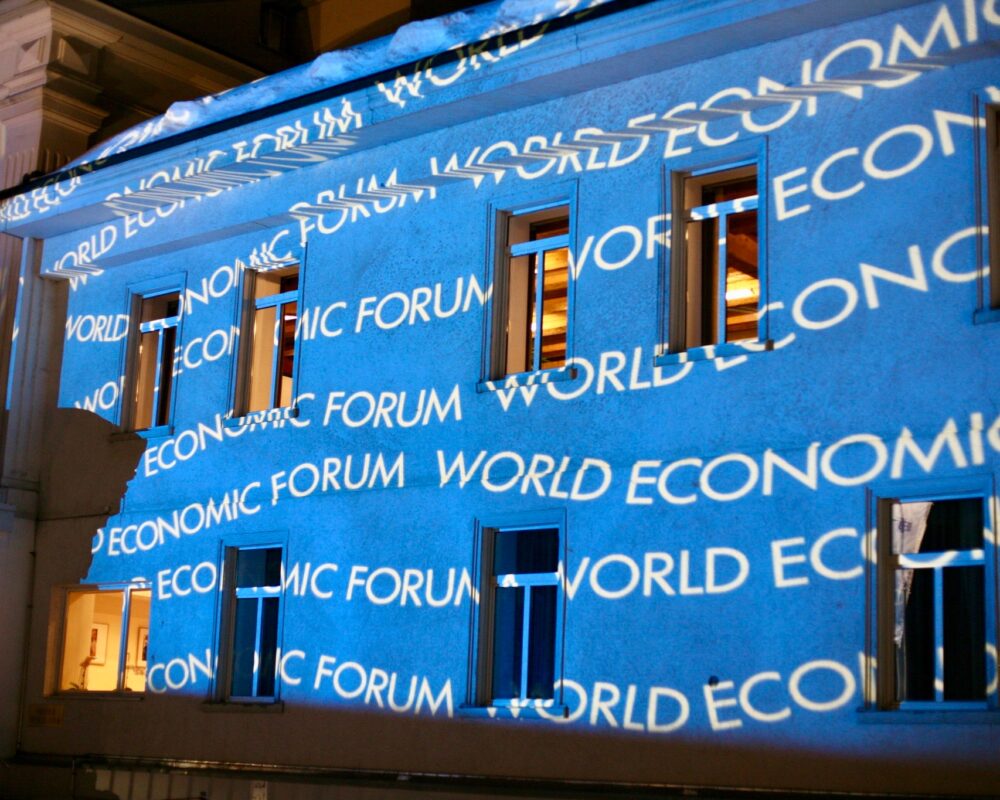Thousands of political and business leaders normally descend on the Swiss ski resort of Davos this time of year. But with the coronavirus pandemic still raging, the World Economic Forum will instead meet virtually — to take on mistrust and division.
Organizers with Geneva-based WEF, an international organization for public-private cooperation, announced on Monday its "Davos Agenda 2021" virtual meeting will focus on bridge-building and multilateralism, and the headliners will include Chinese President Xi Jinping, Indian Prime Minister Narendra Modi, German Chancellor Angela Merkel and South African President Cyril Ramaphos.









